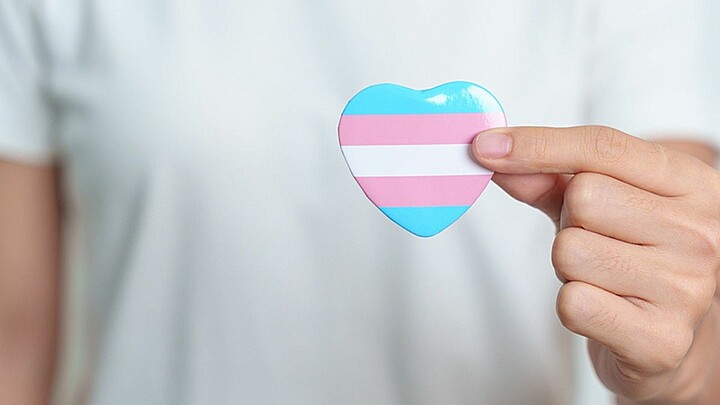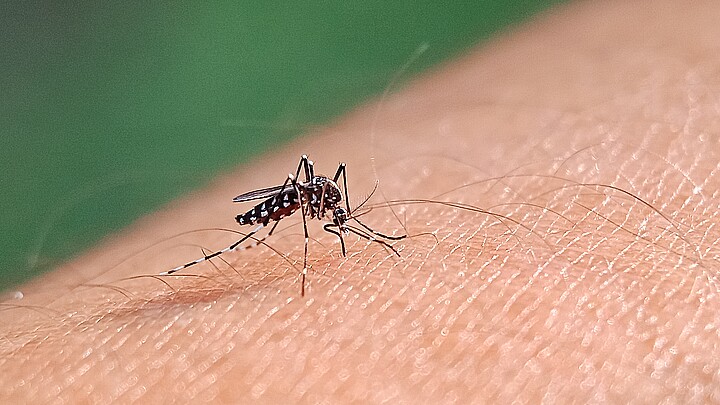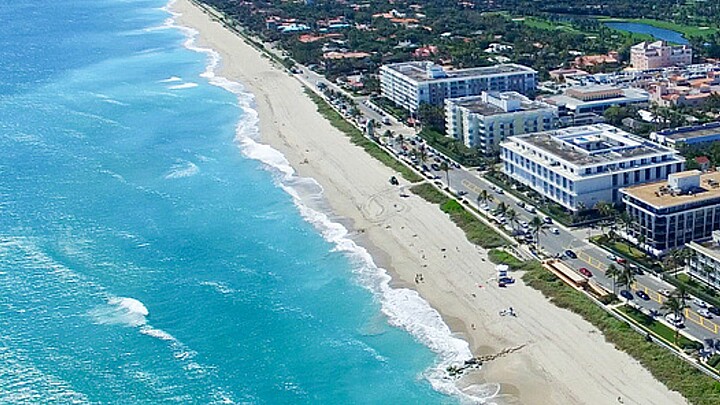Health
Flesh-eating bacteria spread throughout Florida after Hurricane Ian
While most cases of the infection are mild, individuals with severe infections might require intensive care or limb amputations, and can lead to deaths
October 18, 2022 8:18pm
Updated: October 18, 2022 8:44pm
The storm surge and flooding caused by Hurricane Ian in Florida have led to a spike in infections caused by a rare and potentially deadly flesh-eating bacteria.
According to the Florida Department of Public Health, there have been 65 confirmed infections caused by Vibrio vulnificus, a bacteria found in warm, brackish water.
The infections usually occur by eating raw or undercooked oysters and shellfish, however, the bacteria may also enter the body through cuts or open wounds.
“You either eat it, it gets into your ears or it gets in your blood through a wound,” Anthony Ouellette, professor of biology and chemistry at Jacksonville University, told the Fort Myers News-Press.
“Some Vibrio vulnificus infections lead to necrotizing fasciitis, a severe infection in which the flesh around an open wound dies. Some media reports call this kind of infection “flesh-eating bacteria,” according to the Centers for Disease Control and Prevention (CDC).
While most cases of the infection are mild, individuals with severe infections might require intensive care or limb amputations, the CDC said.
“And about one in five people with this infection die, sometimes within a day or two of becoming ill,” the agency added.
Twenty-nine of the reported cases were found in Lee County, where Category 4 Hurricane Ian made landfall on September 28. The bacteria has also killed 11 individuals since the Hurricane hit, four of which lived in Lee County.
"Sewage spills, like those caused from Hurricane Ian, may increase bacteria levels,” a warning from the state’s health department reads.
To prevent getting the infection, the health department recommends avoiding floodwaters, particularly if someone has an open wound, cut, or scratch.
If in case someone does come in contact with floodwaters, “immediately clean wounds and cuts thoroughly with soap and clean or bottled water,” the department adds. And individuals who are immunocompromised “should wear proper foot protection to prevent cuts and injury caused by rocks and shells on the beach.”










